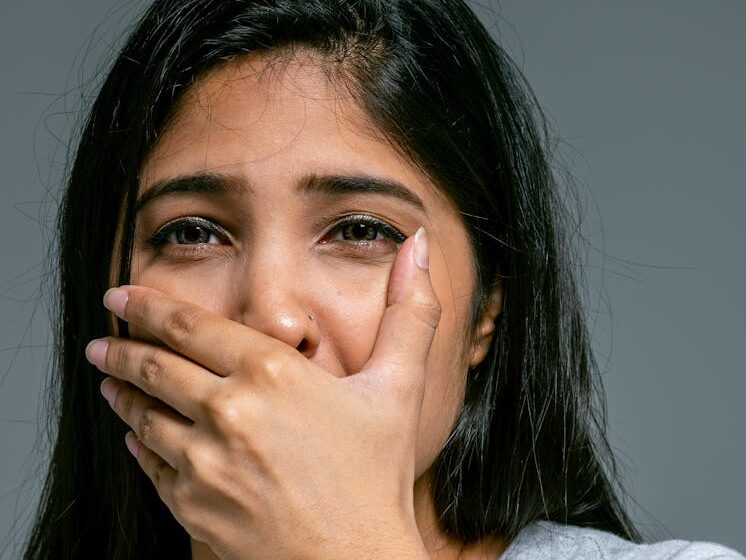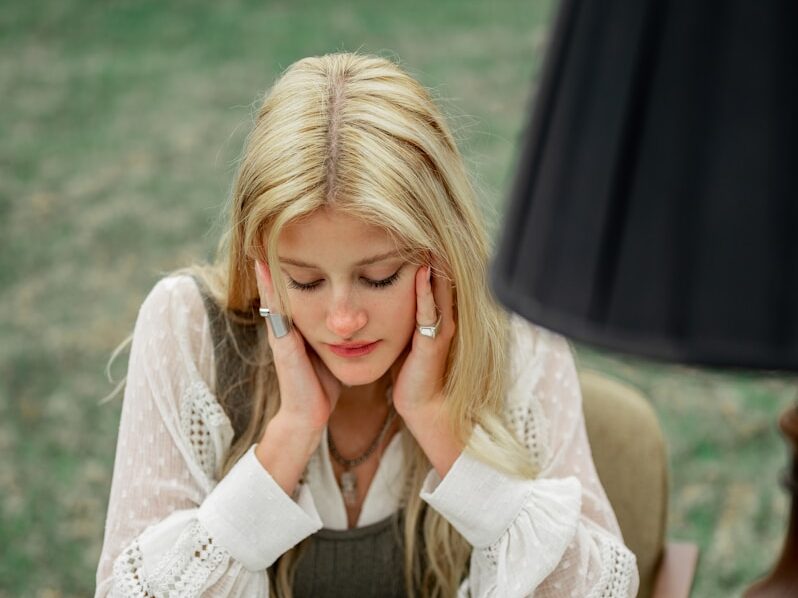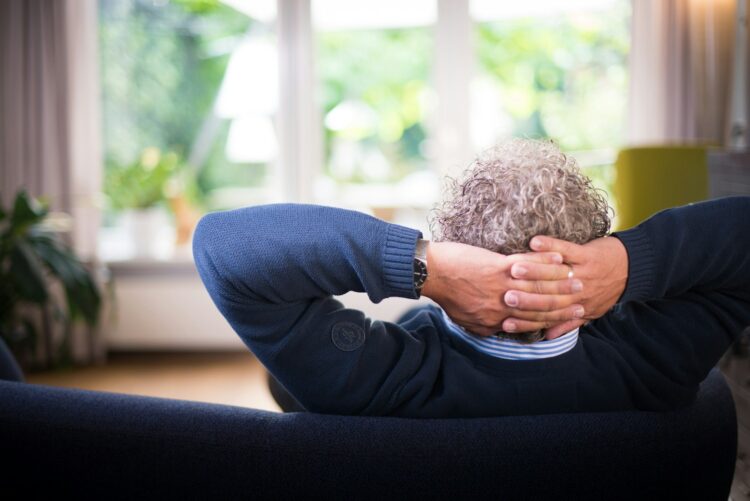
Growing up with controlling parents leaves marks that don’t fade quickly. Even as adults, people carry habits formed in homes where rules and expectations ruled everything. These patterns show up in relationships, work, and even in everyday choices. Some habits make them cautious, others leave them feeling small, but all of them trace back to years of living under someone else’s control. Here are signs that childhood still speaks in adulthood.
They Apologize Too Much

People raised in controlling homes often say sorry for things that don’t need an apology. It becomes automatic, a way to keep peace and avoid criticism. They apologize for being late by two minutes, for asking a question, or even for taking up space. This constant need to smooth things over shows how much they learned to shrink themselves in childhood, always fearing they’d done something wrong.
They Hesitate to Make Choices

When every decision was controlled growing up, making choices alone feels overwhelming later. Picking a restaurant, choosing clothes, or deciding on a career path can spark anxiety. They second-guess themselves, waiting for someone to approve before acting. It’s not that they can’t decide — it’s that they were taught their judgment didn’t matter. That hesitation is the echo of years spent under strict direction.
They Struggle to Say No

Children of controlling parents often grew up believing “no” wasn’t safe. Refusing meant punishment or guilt, so they learned to comply. As adults, that shows up as difficulty setting boundaries. They agree to do favors they don’t want to do, stay quiet when uncomfortable, or stretch themselves thin to avoid conflict. The inability to say no doesn’t come from kindness — it comes from fear carried forward.
They Seek Constant Reassurance

Growing up, their every move was questioned or corrected. That creates adults who crave validation for even simple things. They ask if they’re doing okay at work, if friends are upset, or if their choices are “good enough.” The need for reassurance feels endless because childhood taught them their worth depended on someone else’s approval. It isn’t confidence they lack, it’s freedom from those old voices.
They Avoid Conflict at All Costs

In homes with controlling parents, conflict often ended with the child losing. So as adults, they avoid it completely. They back down in arguments, stay quiet in meetings, or change their opinions to keep the peace. Conflict feels unsafe, not because of what’s happening now, but because of how it felt then. This avoidance is less about harmony and more about protecting themselves from imagined punishment.
They Over-Explain Everything

Adults raised by controlling parents often feel the need to explain every decision in detail. They justify why they bought something, why they’re late, or why they need time for themselves. This habit comes from years of being questioned over every choice. It’s as if they expect someone to demand proof at any moment. Over-explaining isn’t about clarity — it’s about bracing for judgment that never really left.
They Struggle With Independence

Controlling parents make it hard for children to build confidence in handling life alone. As adults, independence can feel intimidating. Paying bills, setting goals, or moving out can spark fear instead of excitement. They may look capable on the outside, but inside, they question every step. Independence doesn’t feel freeing when childhood taught them they weren’t trusted to manage their own lives.
They Become People-Pleasers

When love and approval were tied to obedience, children learned to put others first to stay safe. That pattern continues into adulthood. They put others’ needs ahead of their own, avoid disappointing anyone, and bend themselves to fit expectations. On the surface, it looks selfless. In reality, it’s a survival skill learned young. Pleasing people isn’t just a habit — it’s the way they were trained to feel secure.
They Fear Taking Risks

Children of controlling parents were often told what they could and couldn’t do. Trying something new carried the risk of failure and criticism. As adults, they carry that same fear. Risk feels dangerous, so they stick to safe routines even when opportunities call. It’s not a lack of desire — it’s the fear that any misstep will bring the same judgment they faced growing up.
They Downplay Their Opinions

In controlling homes, voicing disagreement wasn’t safe. So many adults raised this way learn to water down their opinions. They say “I don’t mind” when they do, or go along with decisions that don’t sit right. They’re used to silence being safer than honesty. The habit becomes second nature, leaving them struggling to show their real thoughts even in spaces where they’re safe to share.
They Feel Guilty Relaxing

Controlling parents often demanded constant productivity, making rest feel like laziness. As adults, relaxing stirs guilt. Watching TV, napping, or even enjoying free time feels undeserved. They hear the old voice telling them they should be doing something “useful.” Rest no longer feels natural — it feels like a rule they’re breaking. That guilt is less about the present and more about childhood conditioning that never left.
They Hide Parts of Themselves

Controlling parents shape children into what they want, not who they are. Many adults raised this way hide their true selves out of fear of rejection. They keep hobbies private, opinions unspoken, or personality traits quiet. It isn’t dishonesty, it’s survival. The habit of editing themselves became ingrained early, and it keeps them from feeling fully seen, even in safe relationships later in life.
They Have Trouble Trusting Themselves

Children raised by controlling parents were taught their instincts couldn’t be trusted. Every decision was corrected or dismissed. As adults, they carry that doubt. They second-guess their choices, question their abilities, and look to others for direction. It’s not that they lack ability — it’s that childhood trained them to believe they’d always get it wrong. That mistrust of themselves makes life heavier than it should be.
They Feel Responsible for Everyone

Many children of controlling parents were expected to manage emotions at home — keeping peace, avoiding conflict, or protecting siblings. That responsibility carries into adulthood. They feel guilty if people around them are upset, even when it isn’t their fault. They take on burdens that don’t belong to them. This isn’t generosity but survival — a child’s habit of keeping the world stable now weighing on the adult.
They Struggle to Relax Around Authority

Adults who grew up under controlling parents often find themselves tense around bosses, teachers, or anyone in charge. Authority brings back the old fear of being scolded or corrected. Even in safe environments, they brace for criticism. Respect is normal, but this fear runs deeper. It isn’t about the authority figure in front of them — it’s about reliving what it felt like to always be under watch.

